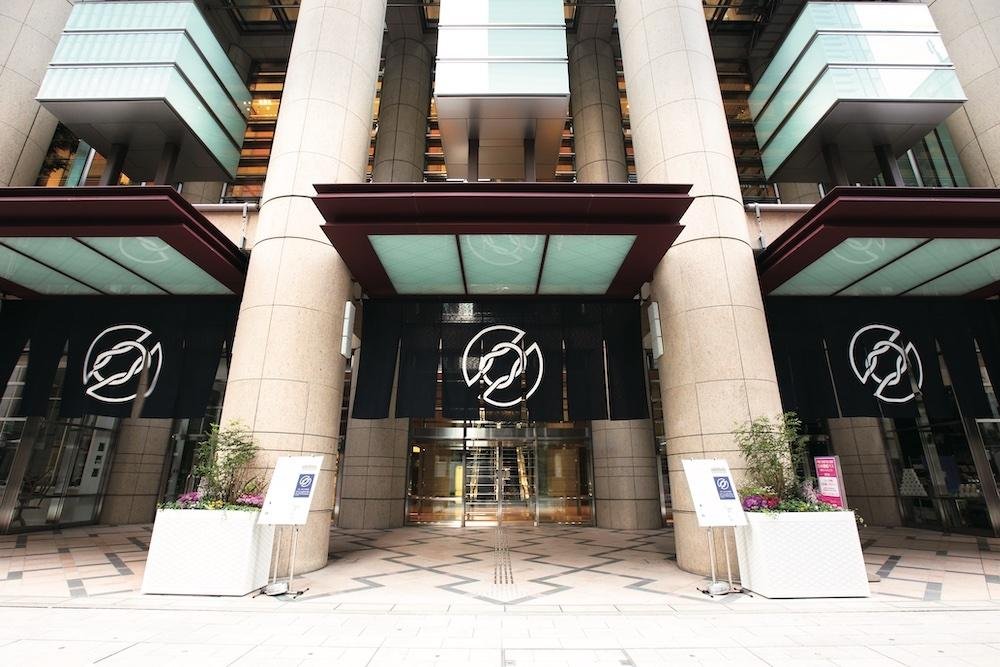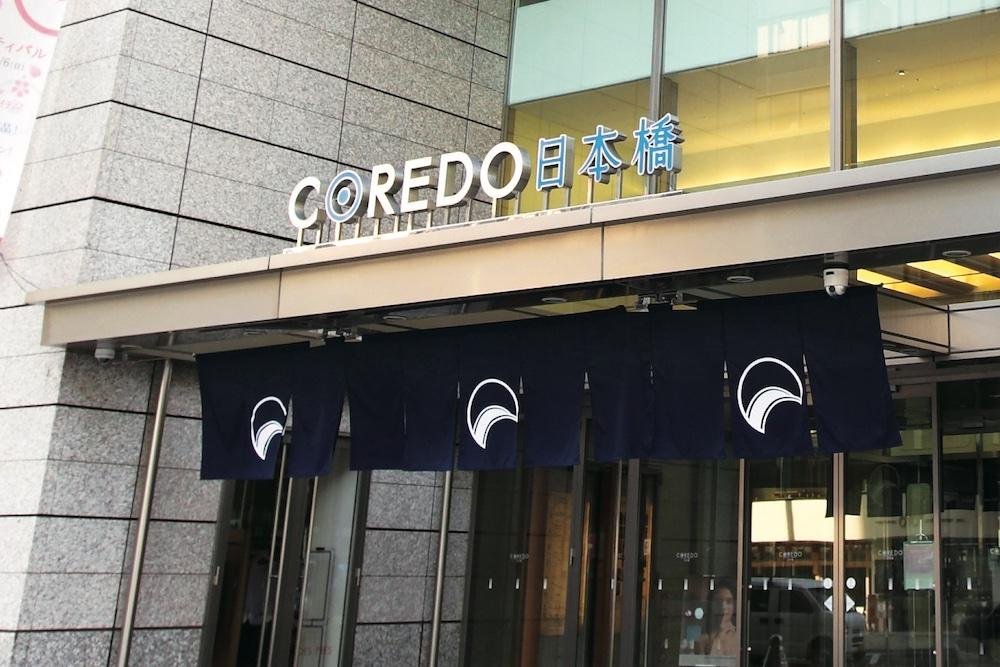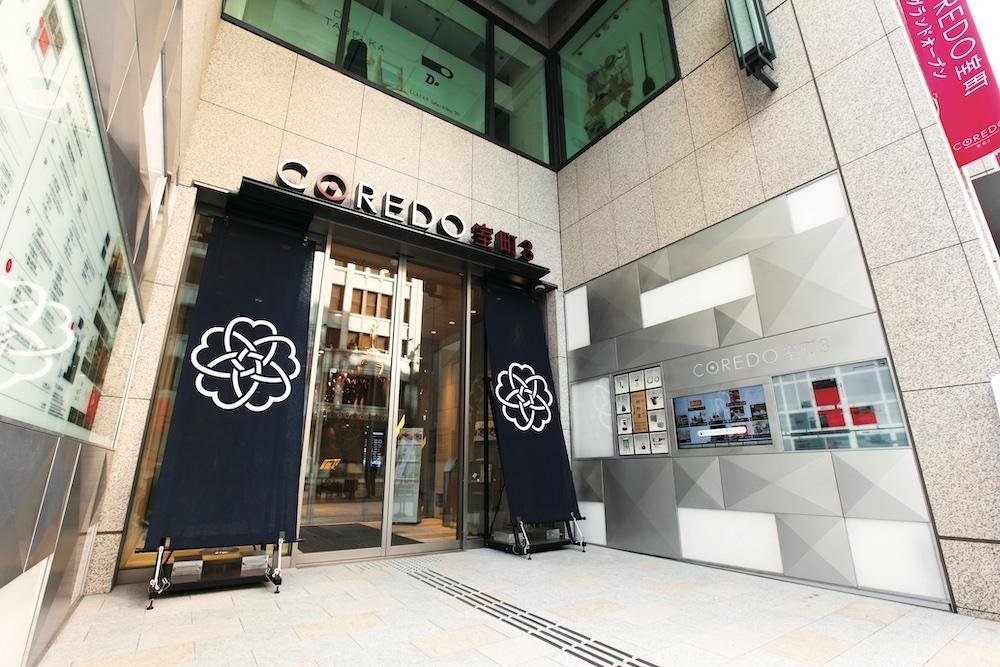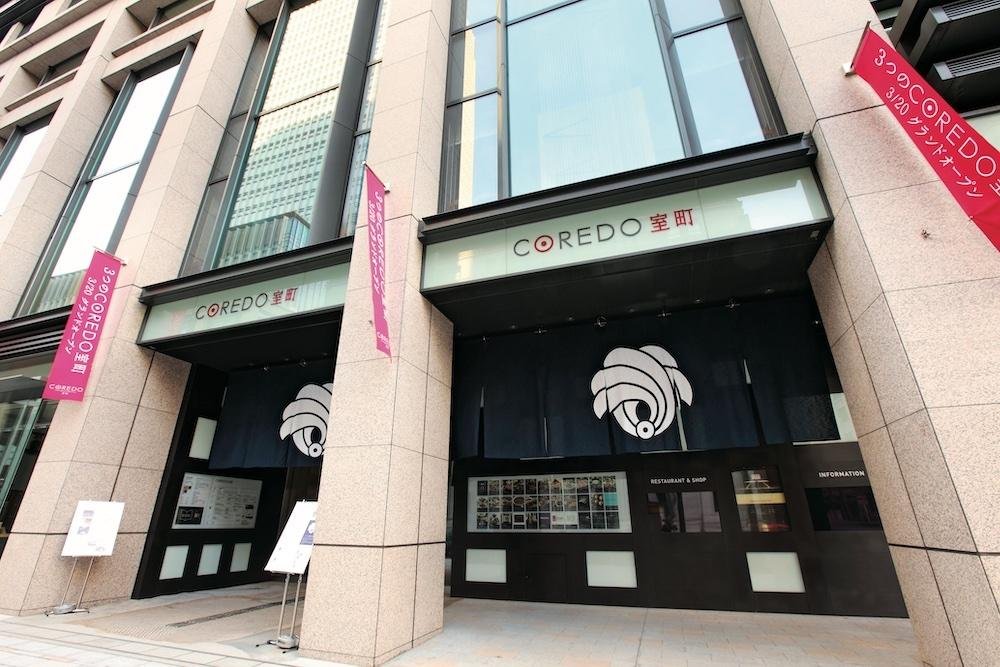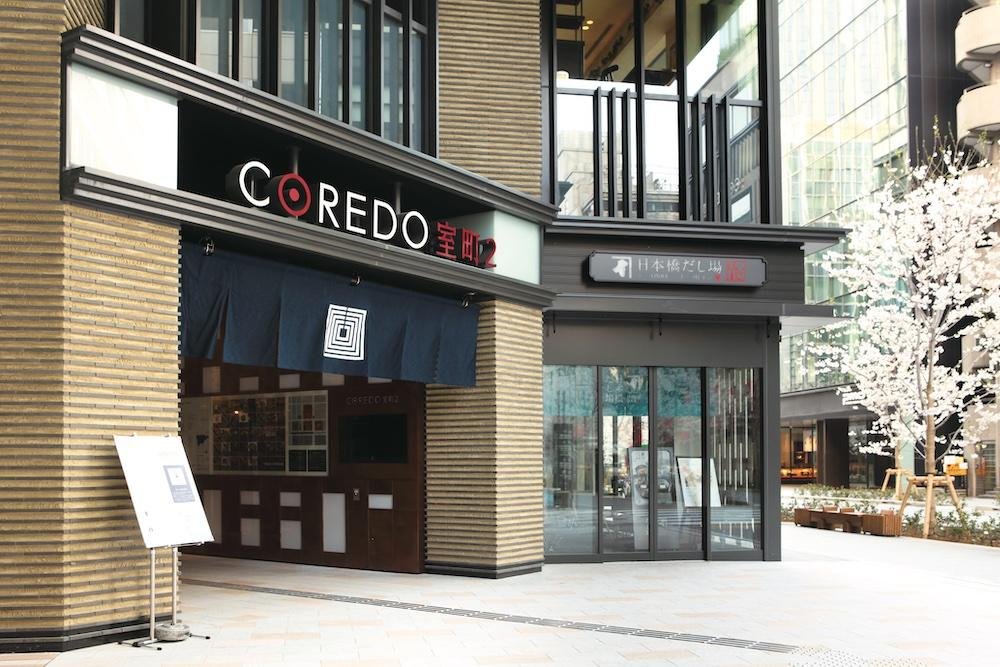A New Way for Noren
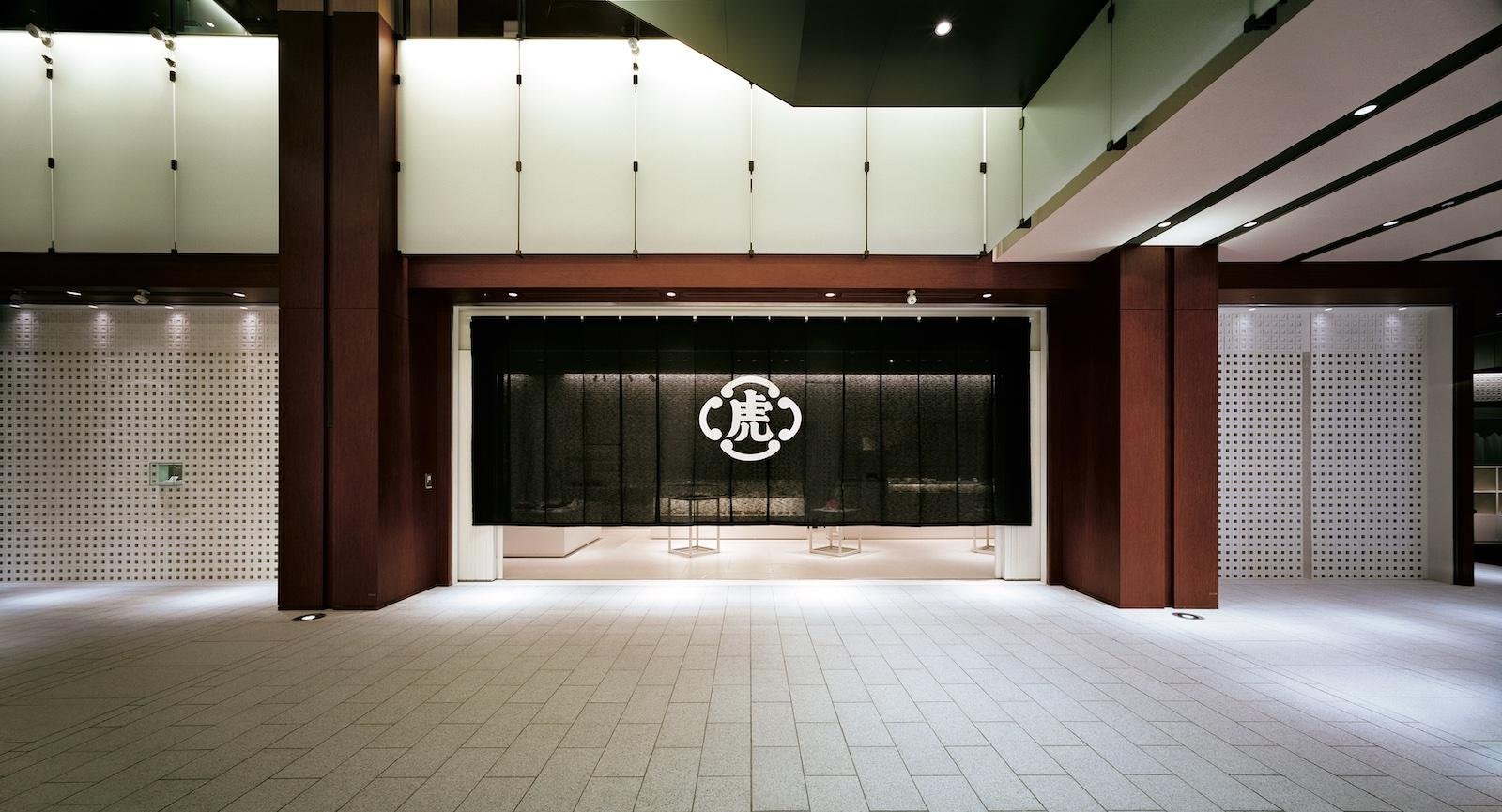
As anyone who lives in or visits Tokyo knows, the city is home to hundreds of treasured cultural traditions. To pay homage to the many local businesses that have been creating superbly crafted traditional products since ancient times, Tokyo Governor Yuriko Koike launched the Edo Tokyo Kirari Project in 2016 to select the leading companies. The project is based on the concept of "old meets new" and introduces Tokyo brands that have roots in the past and are finding innovative ways of passing these on to future generations. Each enterprise honored by the project is selected for the high quality and design of their craft as well as for their inspired approach to incorporating contemporary perspectives. One of the latest companies to be highlighted by the project is Noren Nakamura, which deals in producing noren (traditional Japanese curtains).
"The way I think about noren, it's not a wall," says Shin Nakamura. "It's more like a subtle border." The CEO and director of Noren Nakamura is describing his interpretation of traditional fabric dividers, often seen hanging outside storefronts or at the entrance to hot springs and public baths. The subtle border he is referring to can be understood any time a gentle breeze briefly lifts the partition cloth, offering a glimpse of activity on the other side and representing the humble modesty of the Japanese which helps to shape their unique culture. He compares the partition cloth to Japan as a country, insofar as they both welcome in different people and cultures, and he wants to use Japanese handicrafts in this way to re-introduce noren into the present age.
Although only launched in 2014, Noren Nakamura was formed on the back of his family's long-standing shikkaiya, founded in 1923. Shikkaiya businesses have roots in the Edo period (1603-1868) and act as an intermediary amongst kimono craftsmen, assisting with every stage of the creation and maintenance of the garment. Realizing that in present-day society there is a growing lack of this kind of middleman for creators in general, and drawing on his affiliation with a wide community of noren craftsmen, Nakamura saw a gap in the market. So he opened what he refers to as a "modern-day shikkaiya." "The main purpose of my work is to create an interface with the creators and users of traditional crafts and to design new relationships," he explains.
Thought to have originated in the Yayoi period (tenth century B.C.-third century A.D.), noren were first and foremost used to prevent dust from entering houses and as sun shields. Gradually, they developed into commercial products with shops displaying their logos and symbols of their wares on the fabric. Nakamura refers to these uses for the dividers as "version one and two," and he has now given himself the challenge of designing a version three that creates new value in the modern age.
Nakamura places high importance on partnering with young, innovative craftsmen who are motivated to explore new ways of working. He showed us a variety of examples of the kind of work they have produced—including noren for the esteemed Coredo shopping complexes in Nihonbashi. Whether a client brings an existing logo or fabric for printing or they require help in the design and manufacturing from the start, Noren Nakamura is equipped to facilitate every step of the way.
"I really want to work with clients who want to do something interesting and new," says Nakamura, his final sentiments conveying not only his business acumen but also his visionary thinking.
